Coordination compounds have metal ions bonded to ligands from "summary" of NCERT Chemistry Class 11 - [CBSE Board] by Dr. S. C. Rastogi, ,Er. Meera Goyal
Coordination compounds are formed when metal ions are bonded to ligands. These compounds are made up of a central metal atom or ion that is bonded to a surrounding array of ions or molecules, known as ligands. The metal ion acts as a Lewis acid, while the ligands act as Lewis bases by donating a pair of electrons to the metal ion. Ligands can be classified as either monodentate, bidentate, or polydentate, depending on the number of donor atoms they contain. Monodentate ligands have a single donor atom, bidentate ligands have two donor atoms, and polydentate ligands have multiple donor atoms. The coordination number of a metal ion in a complex is determined by the number of bonds it forms with the ligands. The bond between the metal ion and the ligands in a coordination compound is known as a coordinate covalent bond. In this type of bond, both electrons of the shared pair come from the ligand, which acts as an electron pair donor. This results in the formation of a stable complex in which the metal ion is surrounded by ligands in a specific geometric arrangement. The coordination compounds exhibit various interesting properties due to the presence of metal-ligand bonds. These compounds often have distinct colors, show paramagnetism or diamagnetism, and can exhibit different reactivities compared to simple metal salts. The study of coordination compounds is crucial in understanding the behavior of transition metals in biological systems, catalysis, and materials science.- The formation of coordination compounds involves the bonding of metal ions to ligands through coordinate covalent bonds, leading to the formation of stable complexes with unique properties and structures. This concept plays a significant role in various fields of chemistry and is essential for understanding the behavior of transition metals in different environments.
Similar Posts
Through meticulous research, he unlocked hidden patterns
Meticulous research was the key to unlocking hidden patterns, a skill that proved indispensable for the protagonist in 'Mendele...

Communication is crucial in relationships
In relationships, the ability to communicate effectively is essential. It is the glue that holds everything together, the key t...
Electronegativity is a measure of an atom's ability to attract electrons
Electronegativity is a key concept in chemistry that refers to an atom's ability to attract electrons. The higher an atom's ele...
He paved the way for future scientific breakthroughs
Dmitri Mendeleev's groundbreaking work on the periodic table of elements revolutionized the field of chemistry. By organizing t...

Redemption is possible through hard work
The idea that one can achieve redemption through hard work is a central theme in Lessons in Chemistry. The protagonist, Elizabe...
The periodic table is a visual representation of chemical relationships
The periodic table, that familiar grid of elements, is more than just a list of substances; it is a visual embodiment of the re...

